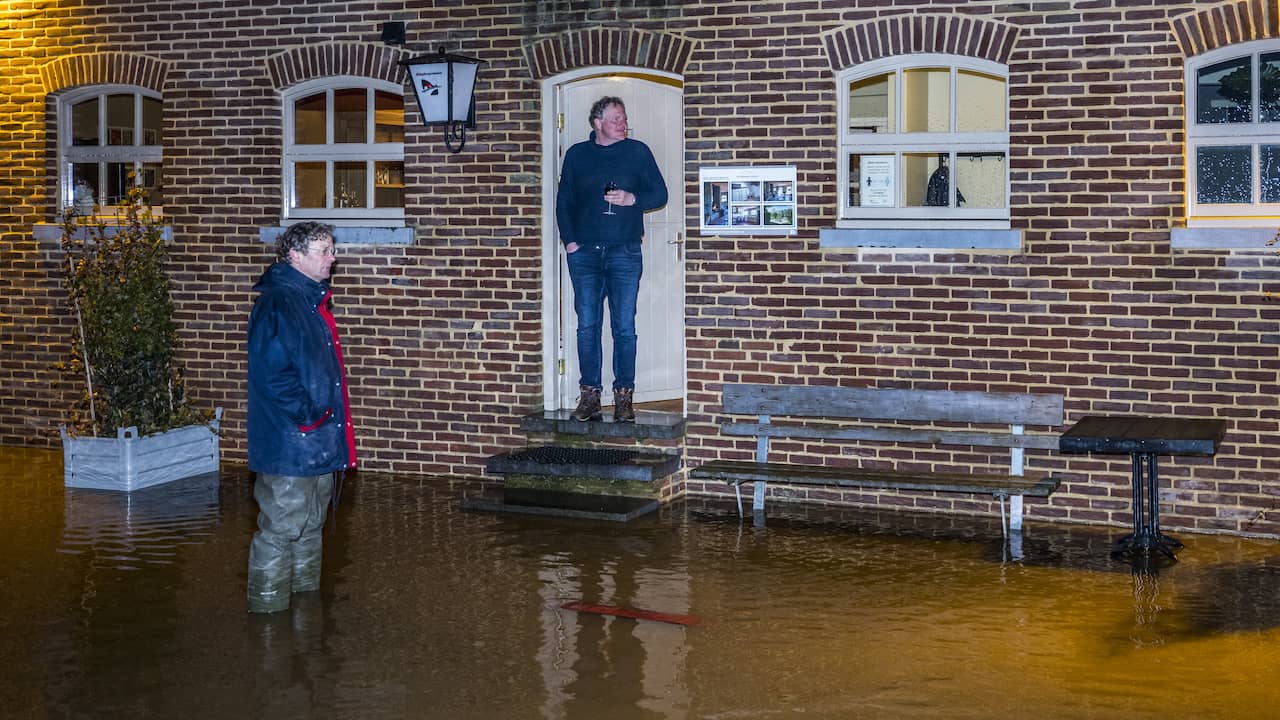The Dutch government is failing to deliver on its promises about compensation and claims settlement for those affected by the floods in Limburg last year. That is the conclusion of the National Ombudsman after a visit to the affected municipalities and discussions with residents, administrators and employees.
According to the ombudsman, the government has raised high expectations after the flood in Limburg, but has not lived up to them. Many of those affected do not receive generous compensation and insufficient consideration is given to personal situations. In addition, the handling of claims lacks speed and clarity.
As a result of heavy rainfall, Limburg had to deal with severe flooding in July last year. Rivers overflowed, flooding streets and houses and causing damage. In the Netherlands there were no casualties due to the flood. The total damage was calculated at 500 million euros.
A few days after the flood, Prime Minister Mark Rutte formally declared the crisis a national disaster. This put the Compensation for Disaster Damage Act (WTS) into effect. This would quickly provide victims with clarity about whether their damage was reimbursed by the government if their insurance did not cover the damage. In the conversations that the National Ombudsman recently held, it appears that the damage has often not been settled a year later.
There is also a lot of uncertainty among victims about the WTS itself and the various procedures that must be followed. According to the ombudsman, citizens have to contact too many parties to obtain compensation and often do not know which party is responsible for what. The ombudsman cites a young family that has been staying in a holiday home for a year because there is something wrong with the foundation of their home as an example. Parties involved, such as the insurance company, loss adjusters and contractor, are constantly pointing at each other.
The ombudsman has asked the Minister of Justice and Security to investigate how expectations and promises can be prevented in future crisis situations. According to the ombudsman, the government must be there for its citizens in times of crisis.
–


